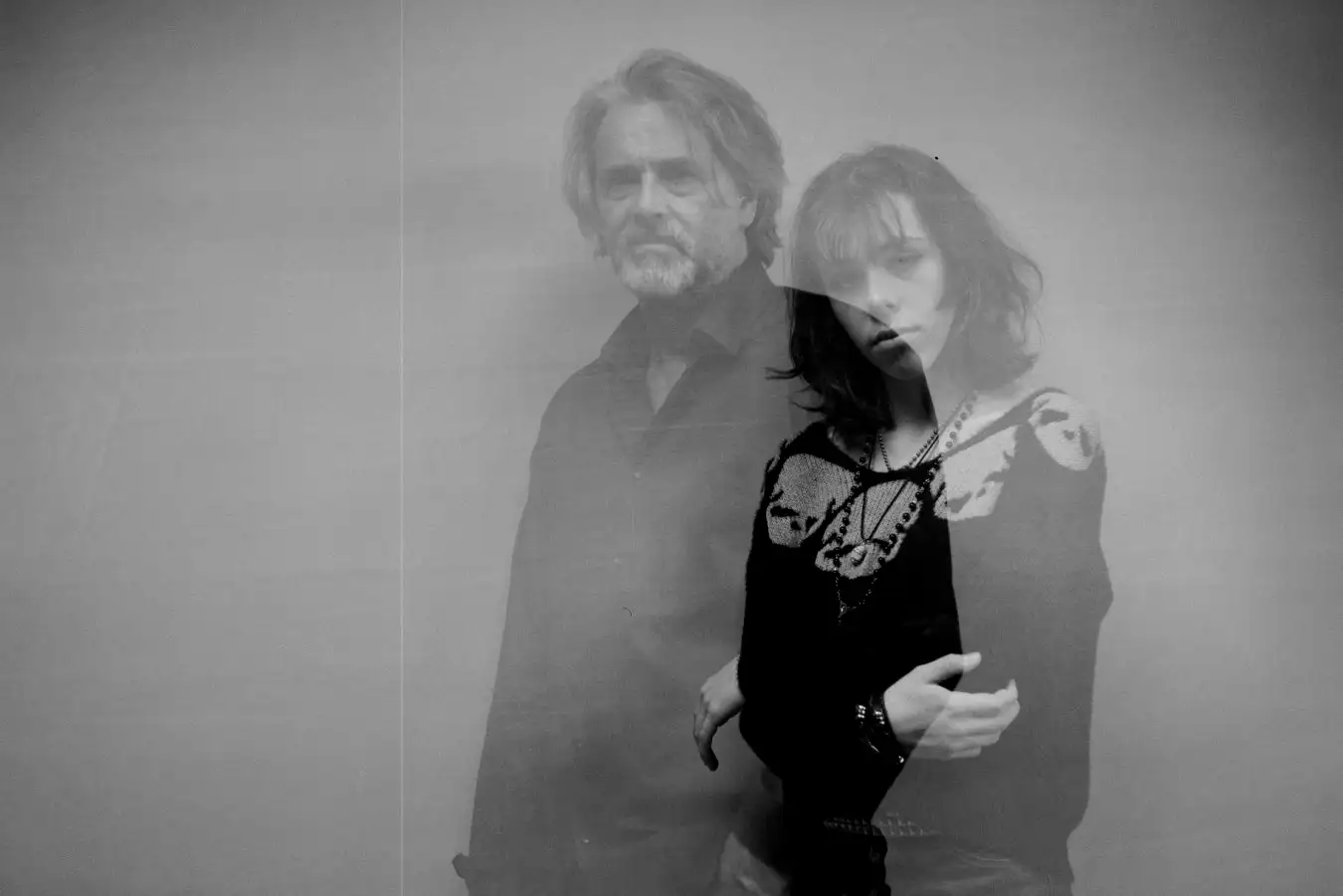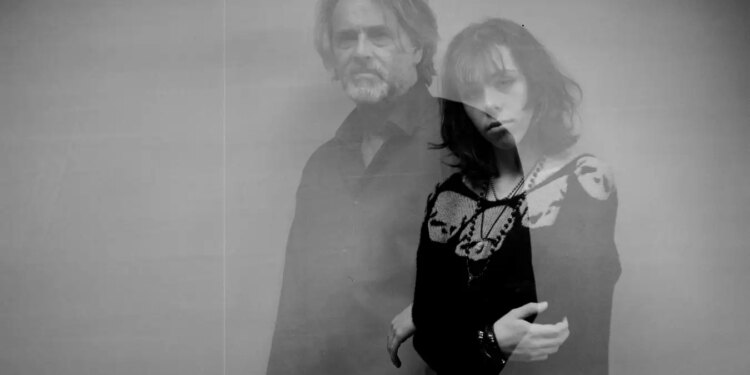
“We are composed not only of human cells and microbes but also fragments of others…”
Lois Fordham/Millennium Images
Hidden Guests
Lise Barnéoud, translated by Bronwyn Haslam, Greystone Books
My children were conceived using donated eggs, so you would be forgiven for assuming we share no genetic material. Yet science has proved this isn’t entirely true.
We now know that during pregnancy, fetal cells cross the placenta into the mother, embedding themselves in every organ yet studied. Likewise, maternal cells, and even those that crossed from my mum to me, can make their way into my kids. And things might get even more chimeric – I have older sisters, so their cells, having passed into my mum during their own gestation, might have then found their way into me and, in turn, into my kids.
This fascinating idea – that we are a holobiont, composed not only of human cells and microbes but also fragments of others – and its implications sit at the heart of Hidden Guests: Migrating cells and how the new science of microchimerism is redefining human identity by Lise Barnéoud.
Barnéoud traces not only the serendipitous discovery of these microchimeric cells, but also how their interpretation has been shaped by culture and politics. The notion that fragments of parents, siblings and even fetuses embed themselves within our bodies and brains can stimulate wide-ranging feelings.
“Some people find it comforting to be connected to loved ones they have lost… while others decry yet another way for men to extend their control,” she says, referring to the fact that some anti-abortion activists have claimed that fetal cells “haunt” women who have had abortions, triggering diseases to punish them.
Thankfully, Barnéoud mostly sticks to the scientific evidence. She follows researchers through their mistakes, doubts and eureka moments, showing how cells of fetal origin can both help and harm. They appear to assist in tissue repair and fight against tumours, but are also implicated in autoimmune conditions. Barnéoud approaches more emotive areas with sensitivity, while explaining, for example, how cells from miscarried fetuses can embed themselves in mothers’ bodies for decades.
She also reveals how their presence scrambles classic genetic inheritance rules, producing extraordinary biological mysteries. There’s the woman who only shares genetics with one out of three of her sons, for example, despite conceiving them all with her own eggs. Or the woman with hepatitis C whose liver is riddled with cells whose DNA matches that of two previous partners, probably originating from pregnancies that were terminated decades earlier. Or the Olympic cyclist who tried to blame a “vanishing twin” (a fraternal twin whose DNA merges with another in utero) for his suspiciously mixed blood types.
“
The presence of microchimeric cells can produce extraordinary biological mysteries
“
Hidden Guests is written with clarity, full of helpful metaphors and analogies. Barnéoud, a journalist, compares our body’s microchimeric cells to stars from other galaxies “bearing molecular signatures other than our own”. And when they turn up in tumours, she likens the untested assumption that the cells are causing the growths to blaming firefighters for starting fires.
There are more than a few surprises. Spoiler alert: Barnéoud invites readers to consider the implication that cells from a partner’s seminal fluid might venture off into the blood and lymphatic vessels surrounding the vagina, then embed in areas of the body and brain, much like how donor cells can migrate from transplanted organs to other parts of the recipient’s body.
This blurring of heredity, cells climbing back up and across the family tree, could be confusing. But Barnéoud does a beautiful job of explaining the state of this new field and its profound implications for medicine and the nature of being human – without crossing too far into hypotheticals. She dismantles the long-standing equation of “one individual, one genome” simply and enjoyably.
As a mother who once believed I shared no biology with my children, I found Hidden Guests both scientifically fascinating and deeply comforting. Barnéoud shows us that we all carry traces of others. She has made me eager to see how this field will develop in the future.
Helen Thomson is a writer based in London and a New Scientist columnist
Topics:
Source link : https://www.newscientist.com/article/mg26835680-100-this-book-is-a-great-insight-into-the-new-science-of-microchimerism/?utm_campaign=RSS%7CNSNS&utm_source=NSNS&utm_medium=RSS&utm_content=home
Author :
Publish date : 2025-11-05 18:00:00
Copyright for syndicated content belongs to the linked Source.







